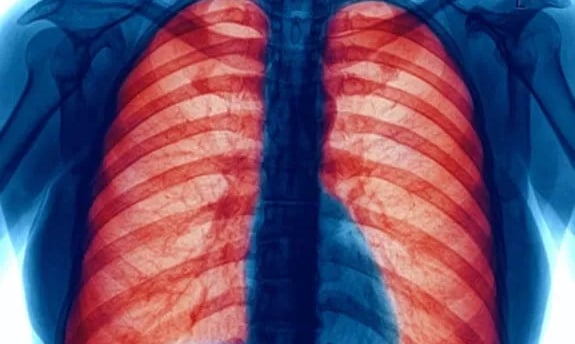Understanding Chronic Obstructive Pulmonary Disease (COPD)
Chronic Obstructive Pulmonary Disease (COPD) is a progressive lung disease that obstructs airflow, making it difficult to breathe. It encompasses several conditions, including emphysema and chronic bronchitis, and is often caused by long-term exposure to irritants such as cigarette smoke or air pollution.
HEALTH
3/12/20252 min read


Chronic Obstructive Pulmonary Disease (COPD) is a progressive lung disease that obstructs airflow, making it difficult to breathe. It encompasses several conditions, including emphysema and chronic bronchitis, and is often caused by long-term exposure to irritants such as cigarette smoke or air pollution. COPD significantly impacts quality of life and requires ongoing management to alleviate symptoms and slow disease progression.
Understanding COPD:
COPD is characterized by symptoms such as chronic cough, shortness of breath, wheezing, and chest tightness. These symptoms often worsen over time and can interfere with daily activities, leading to decreased exercise tolerance and increased risk of respiratory infections. While smoking is the primary cause of COPD, other risk factors include exposure to environmental pollutants, genetic predisposition, and occupational hazards.
Diagnosis and Treatment:
Early diagnosis and intervention are essential for managing COPD and improving outcomes. Diagnosis typically involves a combination of medical history, physical examination, lung function tests (spirometry), and imaging studies. Treatment aims to relieve symptoms, slow disease progression, and improve quality of life. This may include medications such as bronchodilators and inhaled corticosteroids, pulmonary rehabilitation programs, oxygen therapy, and lifestyle modifications.
Lifestyle Management:
Living with COPD requires proactive management and lifestyle adjustments to optimize respiratory function and overall well-being. This may involve quitting smoking, avoiding exposure to lung irritants, staying physically active within one's limits, maintaining a healthy diet, staying hydrated, and practicing breathing exercises to improve lung function and reduce shortness of breath.
Support and Resources:
Living with COPD can be challenging, but individuals with the condition are not alone. There are numerous resources available, including support groups, educational materials, and healthcare professionals specializing in respiratory care. Seeking support from loved ones and connecting with others who understand the challenges of COPD can provide valuable encouragement and guidance on managing the condition effectively.
Conclusion:
Chronic Obstructive Pulmonary Disease (COPD) is a chronic lung condition that requires ongoing management and support. By increasing awareness, promoting early detection, and providing access to comprehensive care, we can improve outcomes and enhance the quality of life for individuals living with COPD. If you or someone you know is experiencing symptoms of COPD, don't hesitate to seek medical attention and explore available resources for support and guidance.
